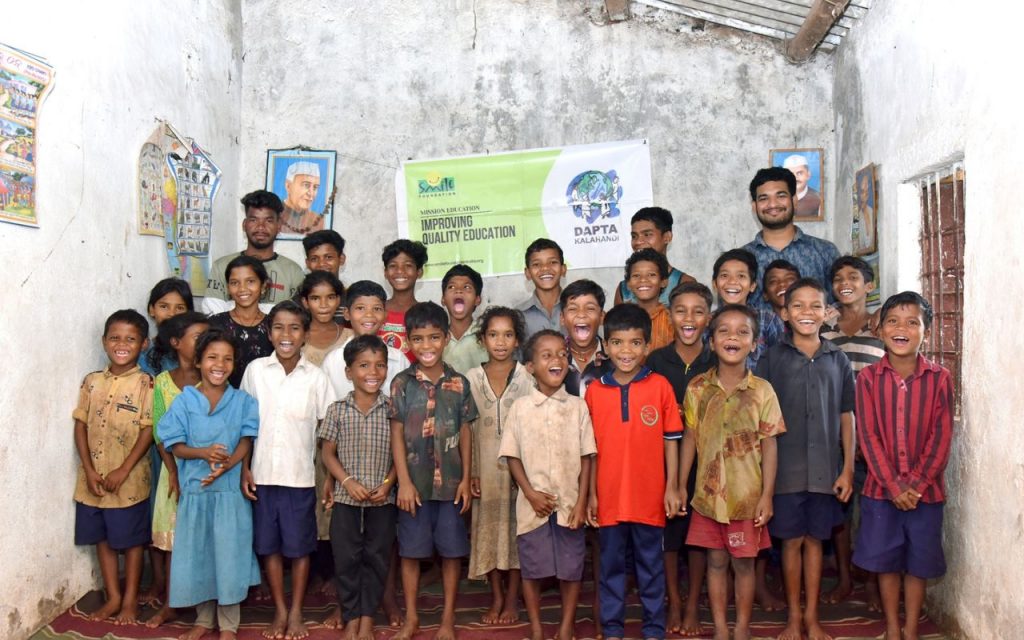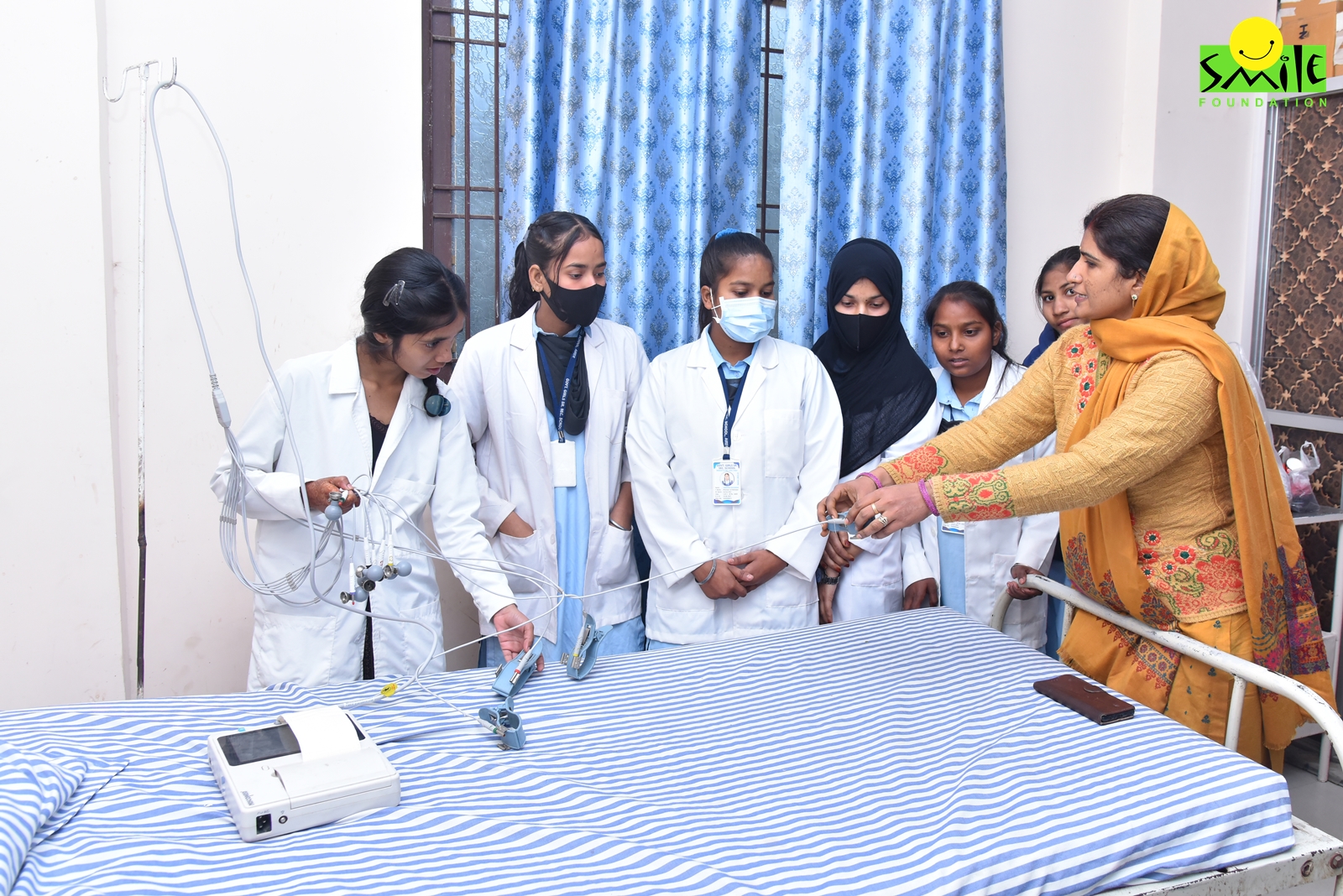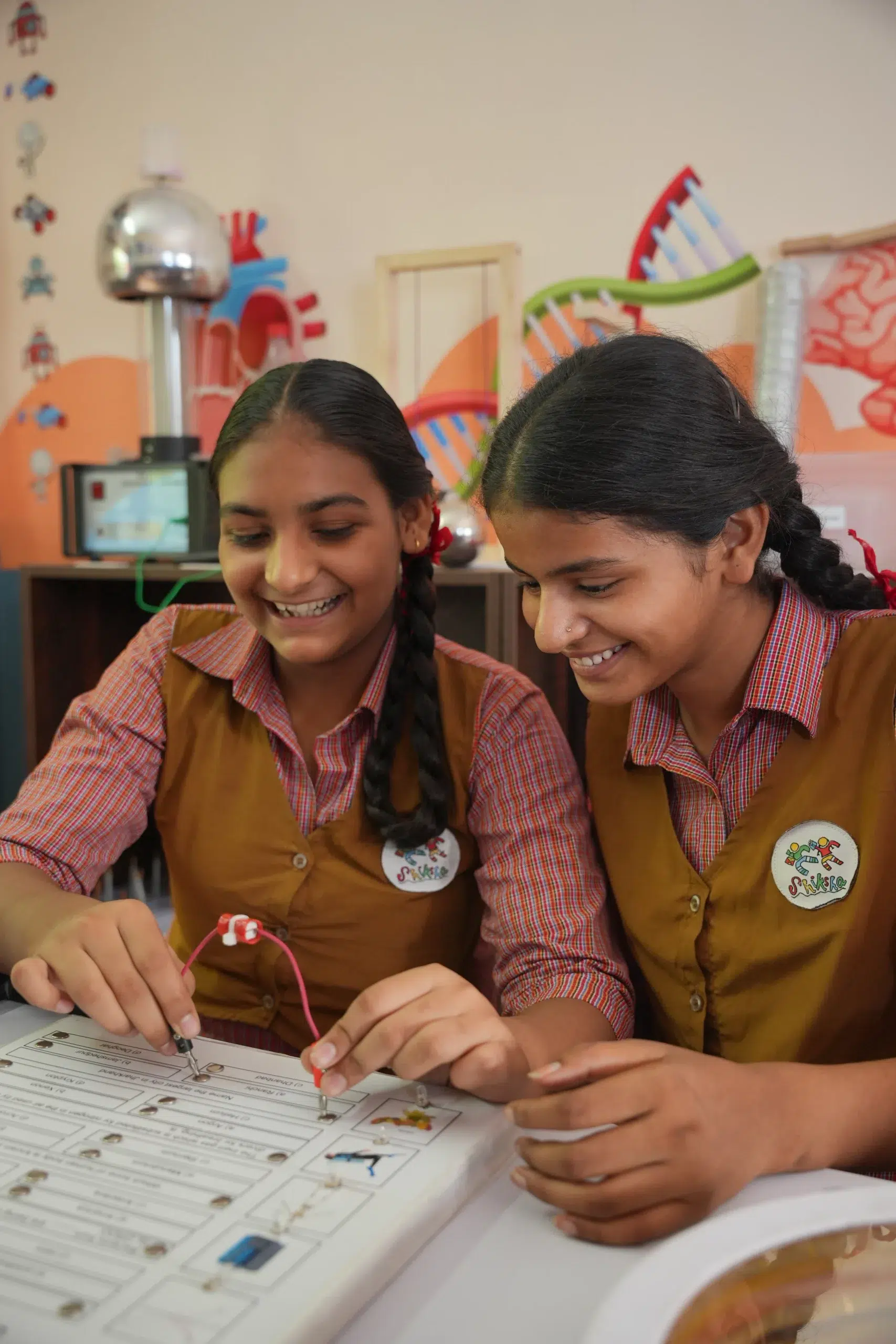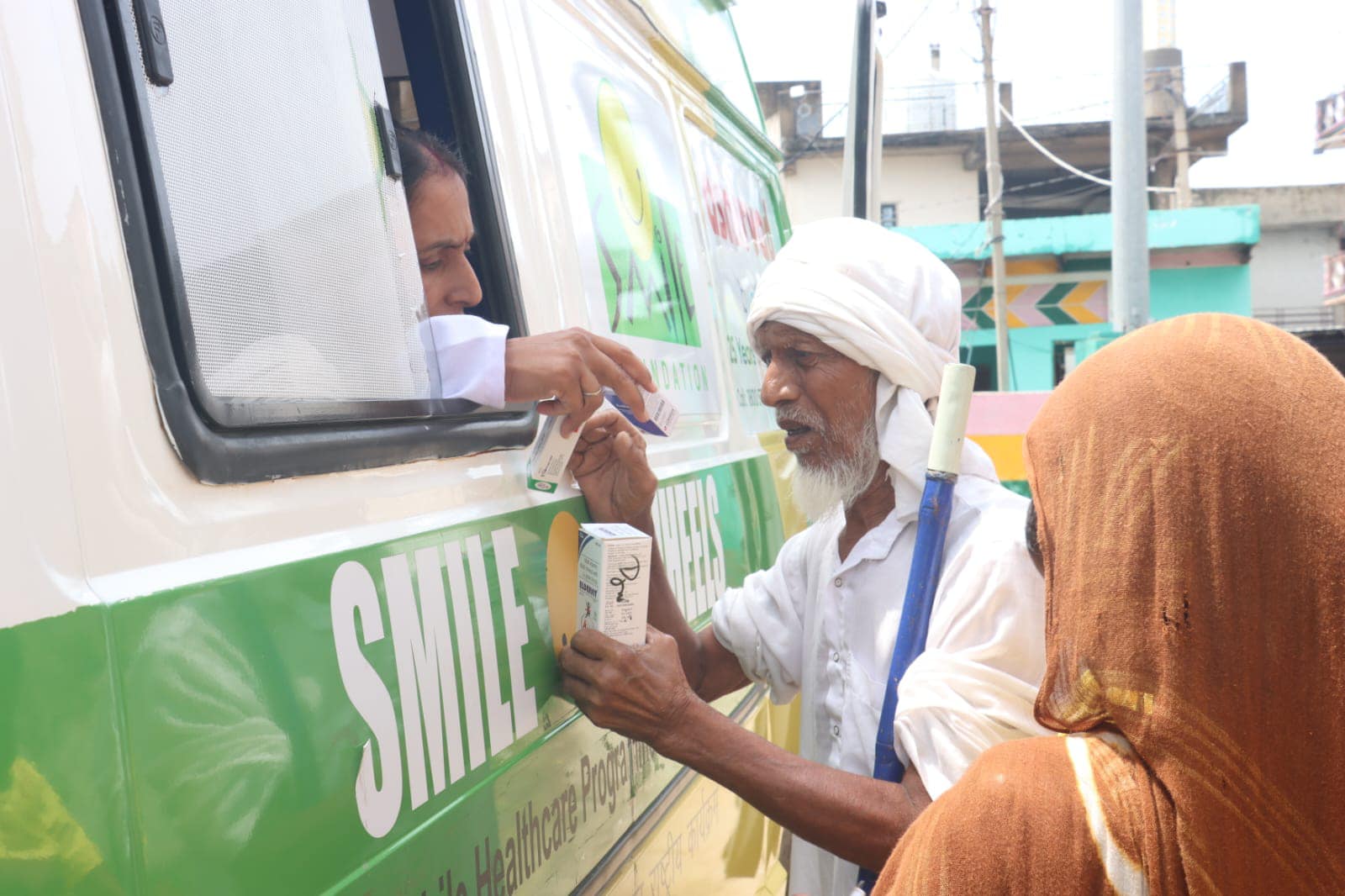About 1.5 centuries ago, attempts were made in India to make education free and mandatory, and yet, we are unable to guarantee that every child attended school even today. The British government moved the enactment of the Compulsory Education Act in 1870 in England to ensure free and compulsory primary education in India. By adopting the Universal Declaration of Human Rights (UDHR) in 1948, education has formally been recognised as a basic human right. Not just that, the Indian government had pledged to make universalisation of elementary education. Following constant efforts, it passed the Right of Children to Free and Compulsory Education Act (RTE) 2009 as a pursuant to the 86th amendment to the Indian Constitution.
Despite the efforts, the country has numerous out-of-school children and the quality of education requires immediate improvement, especially in rural areas. In addition to the existing challenges of urban areas, schools in villages have limited infrastructure, a lack of qualified teachers and social discrimination. But how good will it be if every child in the country can get access to quality education without any social or geographical differences? Read along to understand the need for quality education in rural India.
Importance of quality education in rural India
Believe it or not, education is one of the powerful tools that is capable of transforming lives and communities beyond imagination. It is the cornerstone of development. In a country like India where the majority of the population resides in villages, the need for quality education is vital. Because the growth of the country is dependent on it. According to statistics, the rural population of the country represents 65% of its total population and its contribution to the country’s GDP is 35–30%. Some of the important reasons why quality education is essential are discussed below.
- Boosts economic development: By providing quality education, villagers are equipped with skills and knowledge that are required for employment and entrepreneurship. Graduates can grab job opportunities in several sectors, including government, technology, healthcare and science. Also, quality education fosters entrepreneurial spirit in individuals and encourages them to set up their own businesses. Thereby, creating numerous job opportunities. This not only reduces underemployment and unemployment situations in rural areas but also helps in increasing household incomes. Along with education comes awareness. It in turn helps individuals to know and practise sustainable agricultural practices to increase yields and reduce expenses.
- Empowerment and gender equality: Without education, there is no empowerment. Even today, communities impose numerous societal restrictions on villagers, especially on girls and women. But quality education will enable them to question these norms and make informed decisions. Challenging these norms makes them empowered and an empowered community becomes capable of addressing its own challenges. Similarly, education helps women to break the gender barriers and participate in the workforce and decision-making community without any fear. This will help in reducing the gender gap in the workforce across various sectors.
- Civic participation: Quality education drags along knowledge about the rights and responsibilities of an individual. It helps the community to understand how a democratic country works and what’s their role in it. When a person understands what he is capable of, they will foster a sense of empowerment and make informed participation in elections and local governance. Education also helps one to analyse social and political issues by promoting critical and rational thinking. It also promotes awareness of the diverse culture of the country and various perspectives. It in turn helps one to foster tolerance and inclusivity, thereby creating a cohesive society.
- Sustainable practices: When a person is educated, they will become aware of the local and global environmental issues like biodiversity loss and climate change. This awareness will help them to foster a sense of responsibility towards environmental stewardship and practise sustainable and eco-friendly agricultural practices like crop rotation, organic farming, rainwater harvesting and integrated pest management. These techniques enhance productivity and help in conserving natural resources. Education also increases awareness about the importance of using renewable energy resources like solar and wind power, thereby, it cuts down the reliance on fossil fuels. Knowledge sharing among community members can lead to collaborative projects that address local environmental concerns.
- Health awareness: Quality education creates awareness about health issues, their connection with sanitation and nutrition and preventive care. Educated individuals follow hygienic practices, healthy dietary choices, are involved in physical activities, take vaccinations and follow medical advice. They lead a healthier lifestyle and reduce the incidence of chronic diseases. Educated families, especially mothers, provide adequate nutrition, seek medical care and follow health guidelines, contributing to the well-being of their children. Education also creates awareness about mental well-being and destigmatises mental health issues.
Smile Foundation’s contribution
Realising that education is the key to addressing poverty, population control, unemployment and healthcare issues, Smile Foundation has been playing a role in making quality education in India accessible to children from marginalised communities. We have vowed to empower underserved children by offering education, nutrition and wellness support through our flagship programme Mission Education.
Volunteers from the organisation work closely with children from economically backward families, differently abled children, disaster-struck children, orphaned and street children and children living in tribal and remote villages. The foundation has taken up 261 projects in various parts of the country. In the year 2022–23, we have helped 1.20 lakh children to receive quality education, more than 44,000 girls to receive vocational training and 2,000 girls to receive scholarships for higher education. We have also helped over 25,000 children by providing infrastructure support.
What’s more satisfying than to hear testimony from beneficiaries? One such beneficiary is Lavanya. Her father left her family shortly after she was born and her mother died in an accident. Lavanya was adopted by her mother’s cousin. She grew up along with her cousin Shobha. Things were going smooth both for Lavanya and Shobha until the latter’s father died five years ago. There was never enough food at home and things turned bad for both of them. After much attempts and efforts, both the children are studying in Class IV at the foundation’s Mission Education Centre in Hyderabad. The stories of Debasmita and Nehra were not different. Today, they all study at the foundation’s centres established at various parts of the country.









